
OR
Opinion
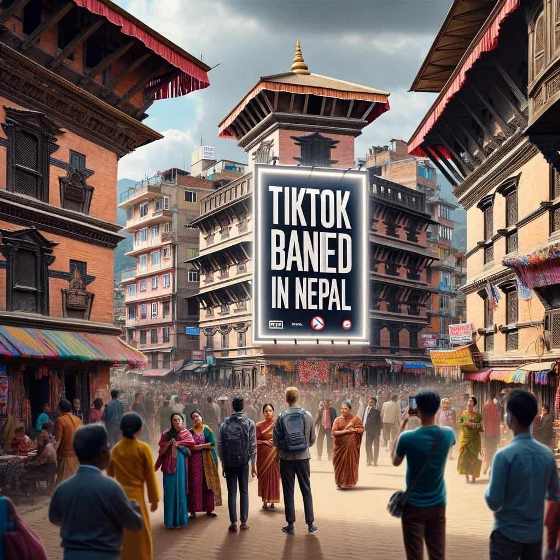

Srijan Pande
The author is a Trust and Safety specialist who worked at Meta Platforms (formerly Facebook), handling risk operations and initiatives. He was involved in several projects to solidify the risk and regulatory aspects of Facebook, Instagram, and Messenger for Meta's users.news@myrepublica.com
More from Author
On November 13, Nepal's Minister of Communication and Information Technology, Rekha Sharma, stated that the Cabinet had decided to ban TikTok, citing 'disruption in social harmony' and the impact the app, developed by social media giant ByteDance, had on the family and social structure of Nepal. While her statement might have multiple interpretations, and it does not single out a core reason for the ban, it is evident that an action of this degree was seen as necessary for the country to tackle over 1,600 TikTok-related cybercrime cases ranging from misinformation to cyberbullying and digital fraud in the last 4 years. This report details the magnitude of impact this decision will have on the platform and its user base in Nepal and how it shapes the future of cyber safety in the country.
Where does Nepal fit into the global social media landscape?
With a population of only 30 million people, Nepal has the highest internet penetration rate in the whole of South Asia at 90.56%. However, the country is not regarded as a significant market for social media platforms due to the following reasons:
Nepal's restriction on outbound transfer, imposed by the ‘Act Restricting Investment Abroad, 1964,’ which is still in force, restricts businesses from using Nepali bank accounts and cards to sponsor ads on the platforms. Although advertisers might use non-conventional methods, ad revenue remains minimal compared to adjacent markets.
Although Nepal's Central Bank recently approved a spending limit of US$2,000 per individual per year for making international online purchases, social media companies that have not yet deployed marketplace features do not have access to this audience, blocking monetization opportunities.
While the government is demonstrating a growing interest in regulatory frameworks like the National Cyber Security Policy passed in August 2023, there still seems to be a disconnect between regulators and social media companies, which might be attributed to the lack of a proper escalation and engagement protocol on the regulator's end. Nepal Police's Cyber Crime Bureau and the Grievance Handling Office at the Ministry of Communication and Information Technology seem to be the two entities handling social media service provider outreach.
TikTok and its popularity in Nepal
TikTok proved to be the fastest-growing social network in Nepal, amassing an active user base of 2.2 million since its launch in 2017. New and upcoming influencers like twins Prisma and Princy Khatiwada, Bijay Baniya, and local celebrities like Durgesh Thapa and Punya Gautam started creating short-form video and streaming live content on TikTok, driving engagement not only in Nepal but also to the 6.7 million global Nepali diaspora. The simple-to-use user interface and easy-to-onboard user experience, coupled with the infamous content sorting algorithm of TikTok, easily penetrated the market, reaching out to unforeseen age groups and social classes, making it the third most used platform nationally. During the COVID-19 pandemic, multiple small businesses started using TikTok as an alternative for marketing goods and services, which now has permanently transformed their business model. Several prominent content creators also started being recruited for music videos, movies, and documentaries, introducing them to the big screen.
Disruption in 'Social Harmony'
Going back to Minister Thapa's earlier statement, the sentiment of the Cabinet seems to revolve around the notion that TikTok is promoting vulgarity via short-form video and live content. Now, what might seem vulgar to the Cabinet of ministers might not qualify as vulgar in TikTok's Community Guidelines or seem as an enforceable action to their content reviewers. Similarly, special requests made by governments to remove specific content might or might not be entertained by ByteDance if it does not violate the community guidelines. However, alternate solutions like geoblocking might be used. However, if mentioning social harmony was targeted towards 1,600 TikTok-related cybercrime cases in the past 4 years, then it would completely disregard crimes related to other social media platforms, and it would not make sense to justify that crimes on TikTok would have a higher severity than with its competitors.
Political Motivation
Nepal is the second country in South Asia to ban TikTok following the June 2020 ban imposed by India due to geopolitical tensions and concerns over data privacy. While the reason behind the ban in Nepal remains completely different from its neighbor's, over the course of history, Nepal has followed suit with various policies and laws in India, which might have convinced people that this is a politically motivated decision under the influence of India.
But there is an even more interesting theory brewing in informal channels like Reddit about the ban, which debates the meteoric rise of Kathmandu Mayor Balen Shah and RSP Party President and former Minister of Home Affairs Rabi Lamichhane to power can be attributed to TikTok to a large extent. This theory states that the ruling coalition including the CPN (Maoist Center), and the CPN-UML have orchestrated this ban to limit the popularity of new and progressive leaders and will continue this crackdown on more social media platforms as the 2084 election approaches. This theory, in particular, qualifies as a reverse-Orwellian phenomenon on how a platform created by a country under a Communist Regime is being banned by a Communist-led Government of another country to suppress opposition popularity.
Reaction on TikTok ban
Kathmandu Mayor Balen Shah mentioned in his Facebook post that despite multiple attempts to reach TikTok, Nepal Cyber Crime Bureau, and Nepal Telecommunications, fake accounts and doctored content impersonating him were not taken down. He also goes on to request the government to have an improved mechanism to regulate and penalize cyber-criminals rather than shutting down the whole platform.
Ruling Nepali Congress (NC) leader Gagan Thapa accused the government of attempting to compromise freedom of speech by imposing this ban. The General Secretary of the NCP Unified Marxist Leninist Party mentioned that it is not the fault of only one social media platform for vulgarity and disorder and that it should be tackled by content regulation, not banning the entire platform.
Conclusion
There is no shadow of doubt that the government took an overenforced decision to ban TikTok when the problem at hand was not one that required action at such a scale. The solution on the regulator's end would be to create a strong mechanism, chain of command, on-call support, and a robust social media outreach and escalation framework to address problems according to their severity. Meanwhile, for social media firms, it is crucial to understand the political nuances and the scale of influence and significance their platforms have on individuals, even in growing markets like Nepal. At the end of the day, the real sufferers of this decision are individuals who were making a living out of content creation and small businesses who depended on TikTok to generate revenue. There might be alternatives, but the impact of starting over cannot be virtually quantified.
You May Like This
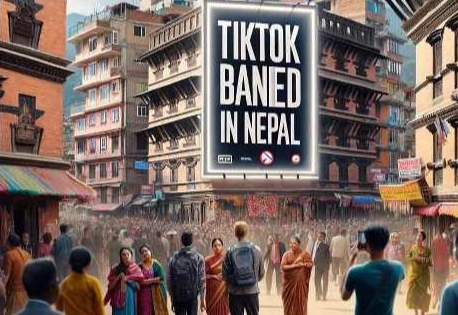
TikTok Ban: Communist Delusion and Misguided Priorities
The imposition of bans on both TikTok and cryptocurrency poses a considerable challenge for our nation, particularly at this critical... Read More...

Nepali TikTok influencers reel after sudden ban
KATHMANDU, Dec 17: Nepali influencer Anjana Aryal went from homemaker to entrepreneur by sharing recipes on TikTok, but her lucrative... Read More...
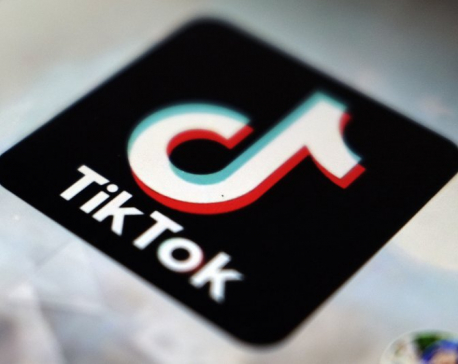
TikTok expresses dissatisfaction after ban in Nepal
KATHMANDU, Nov 17: The managing company of TikTok, has written a seven-point letter to Nepal expressing its displeasure over the... Read More...
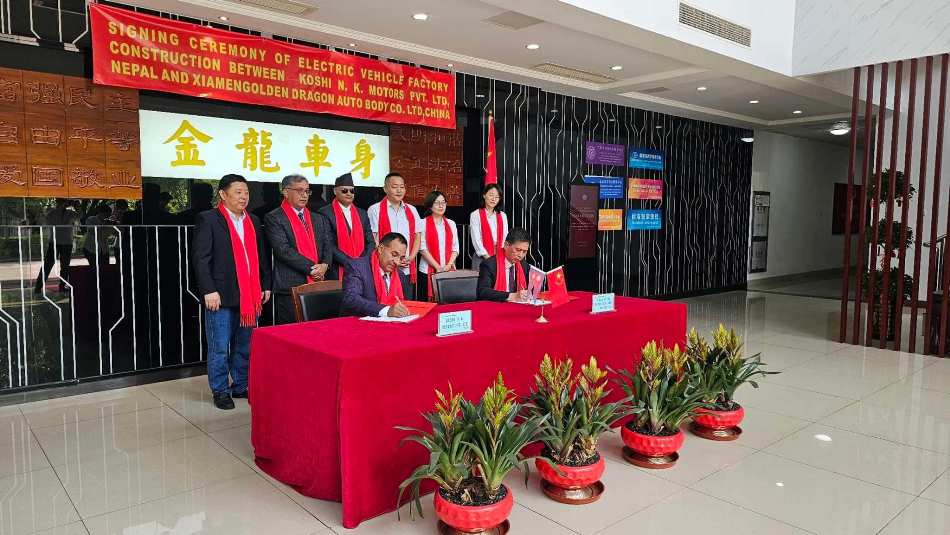
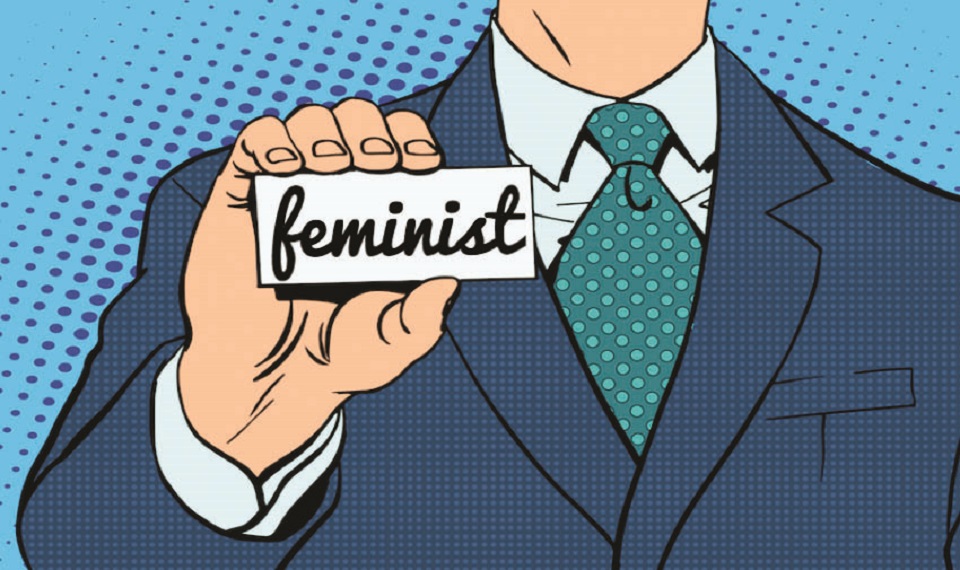
Just In
- Ensure follow-up for increased FDI
- Nepal and Vietnam could collaborate in promotion of agriculture and tourism business: DPM Shrestha
- Govt urges entrepreneurs to invest in IT sector to reap maximum benefits
- Chinese company Xiamen investing Rs 3 billion in assembling plant of electric vehicles in Nepal
- NEPSE inches up 0.07 points, while daily turnover inclines to Rs 2.95 billion
- Gandaki Province reports cases of forest fire at 467 locations
- Home ministry introduces online pass system to enter Singha Durbar
- MoLESS launches ‘Shramadhan Call Center’ to promptly address labor and employment issues



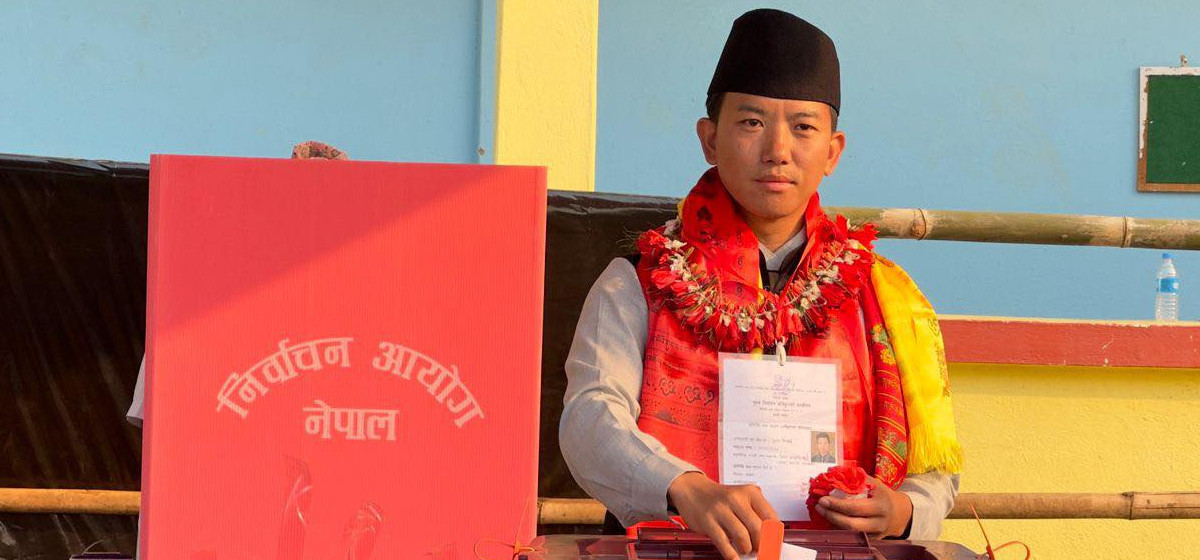
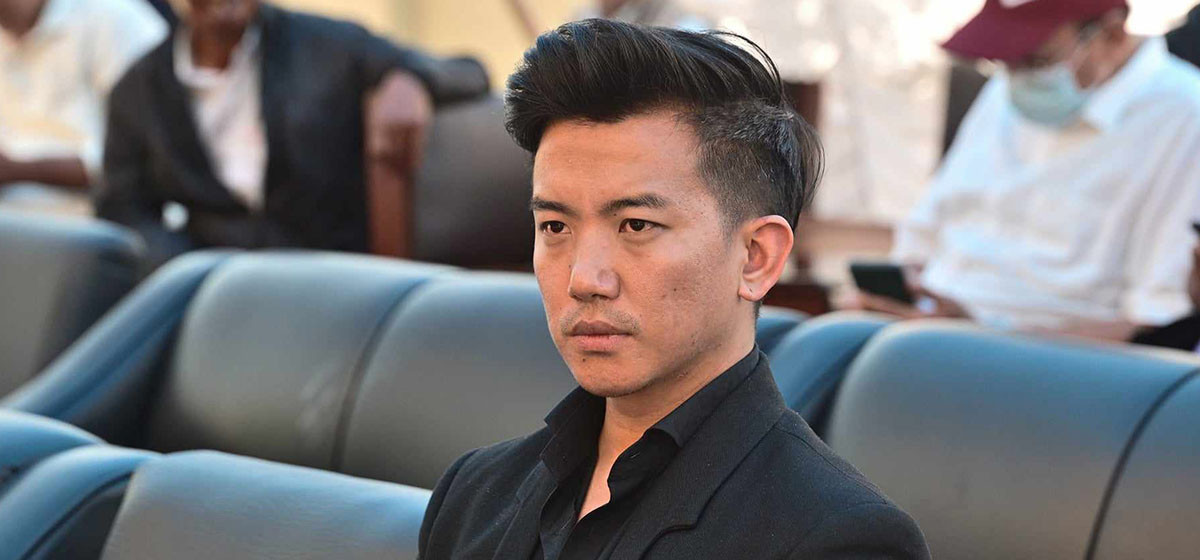
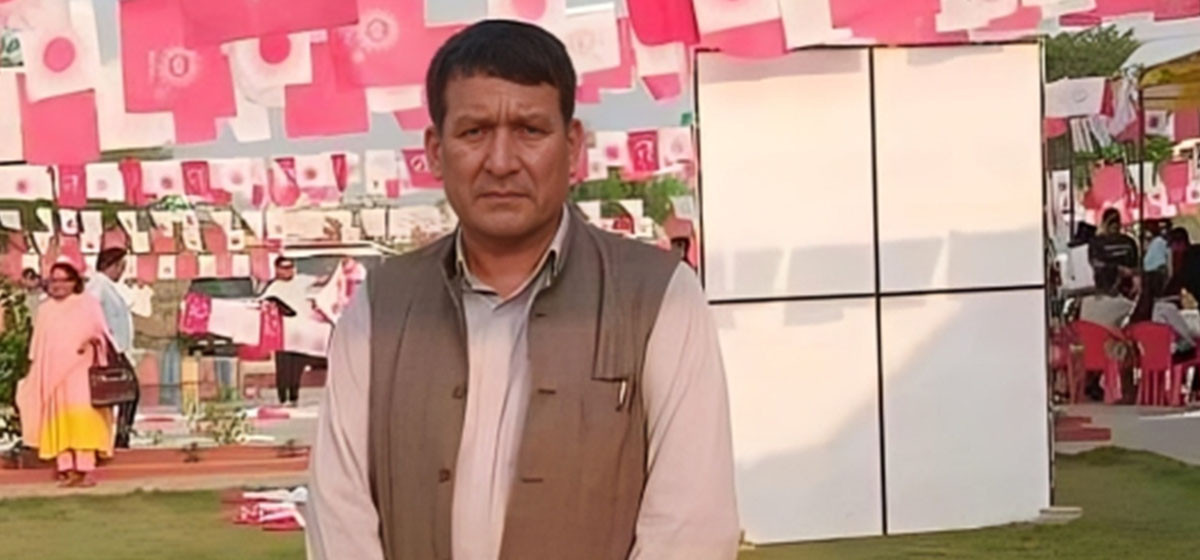
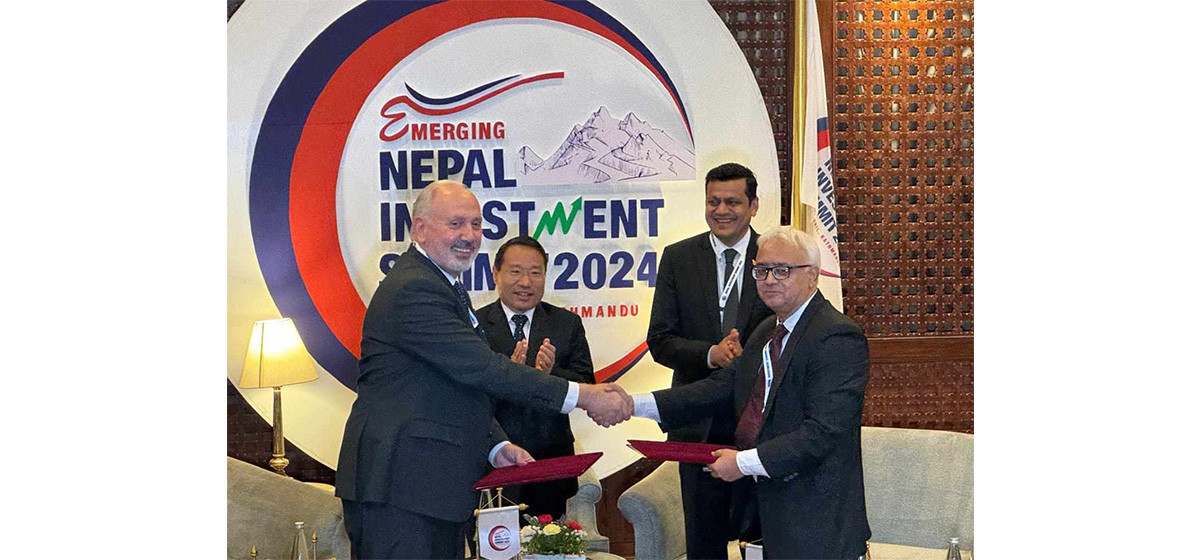
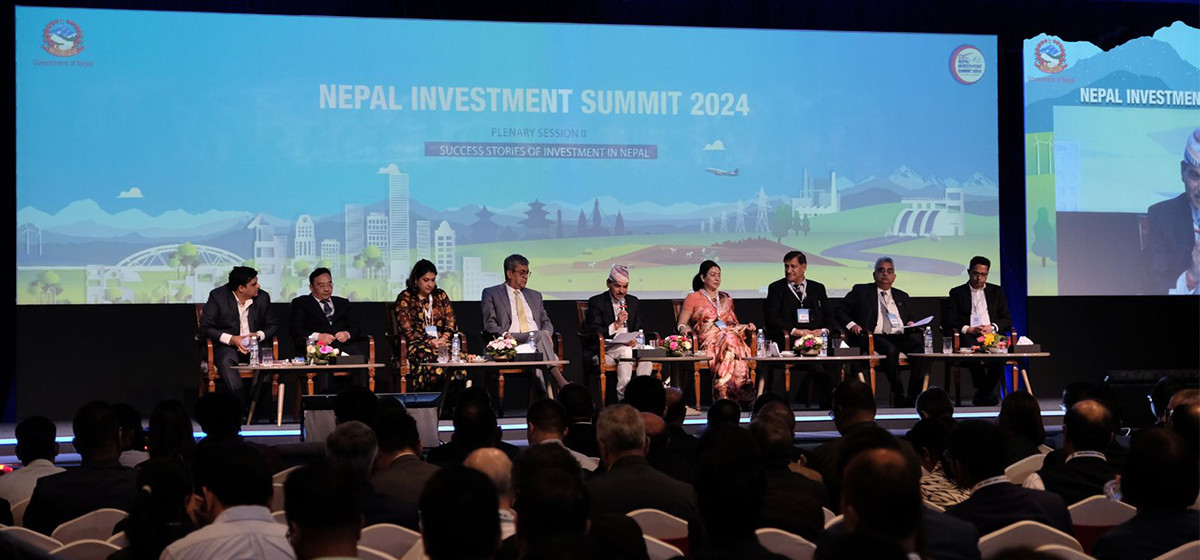

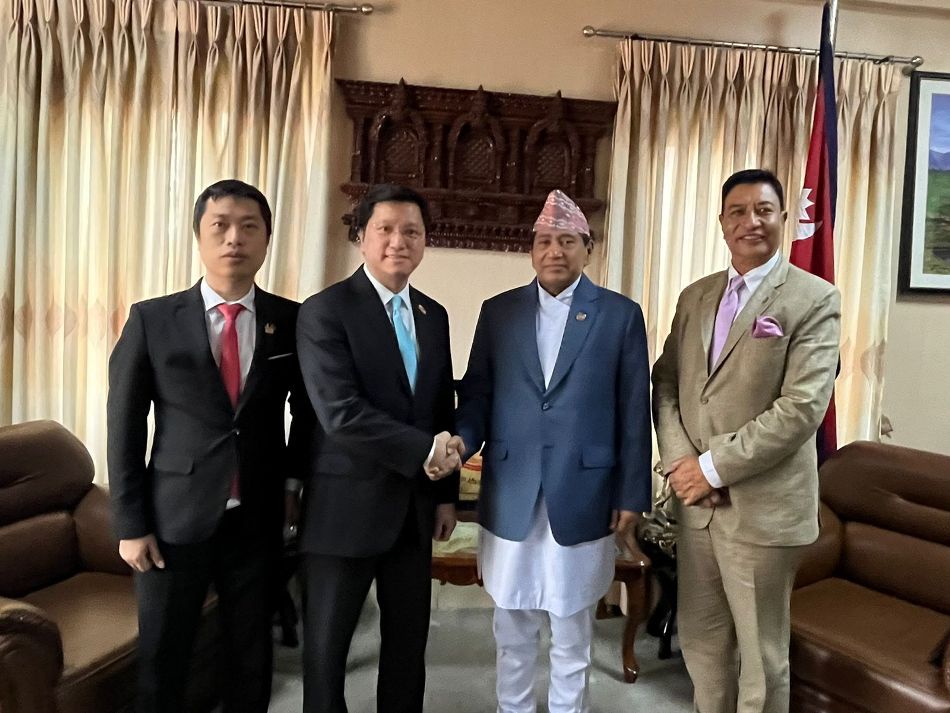


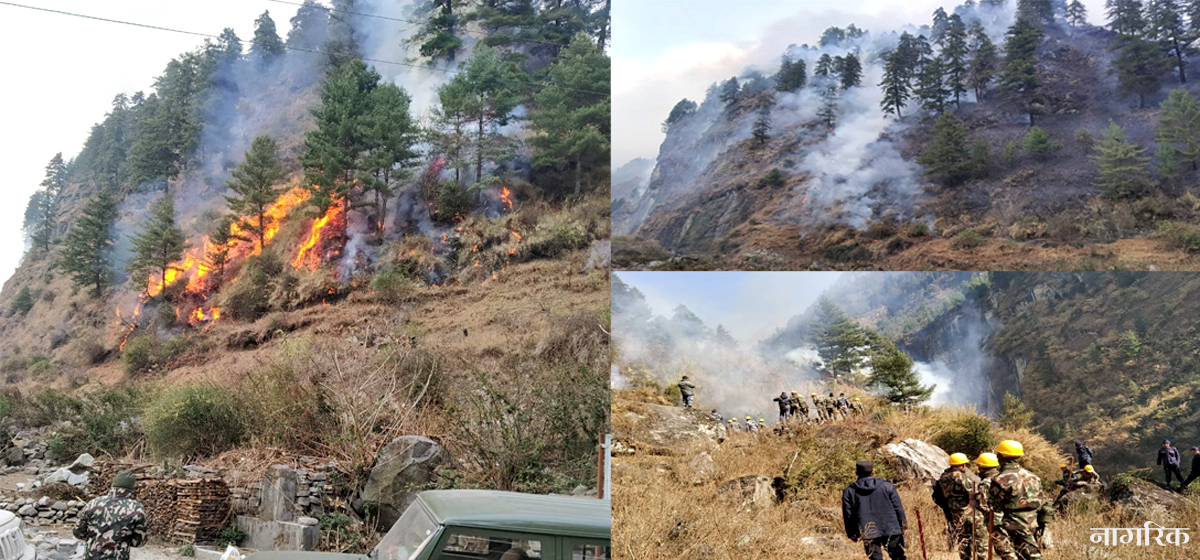
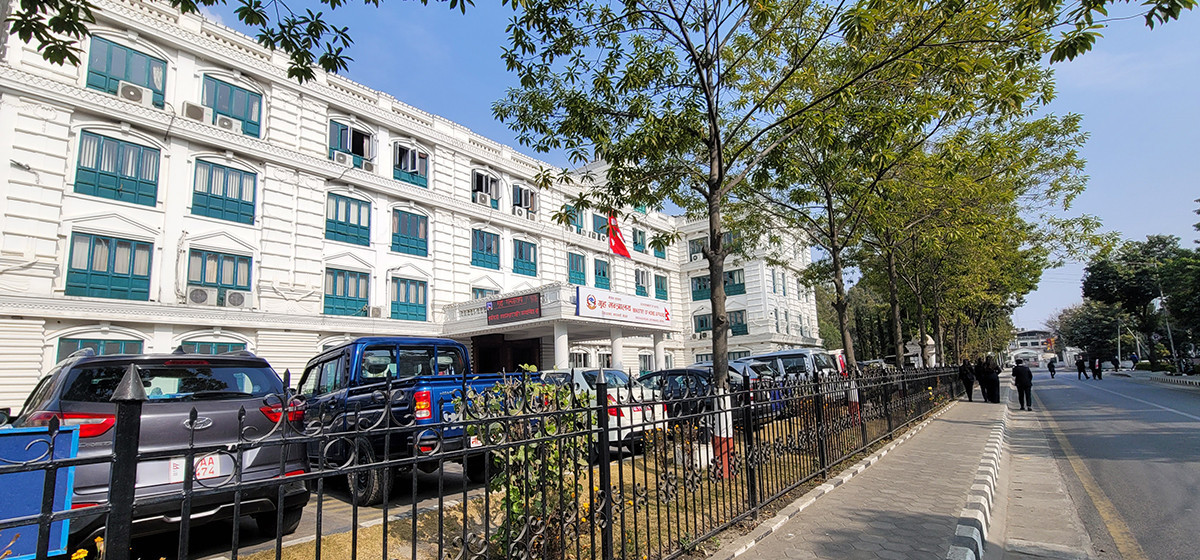
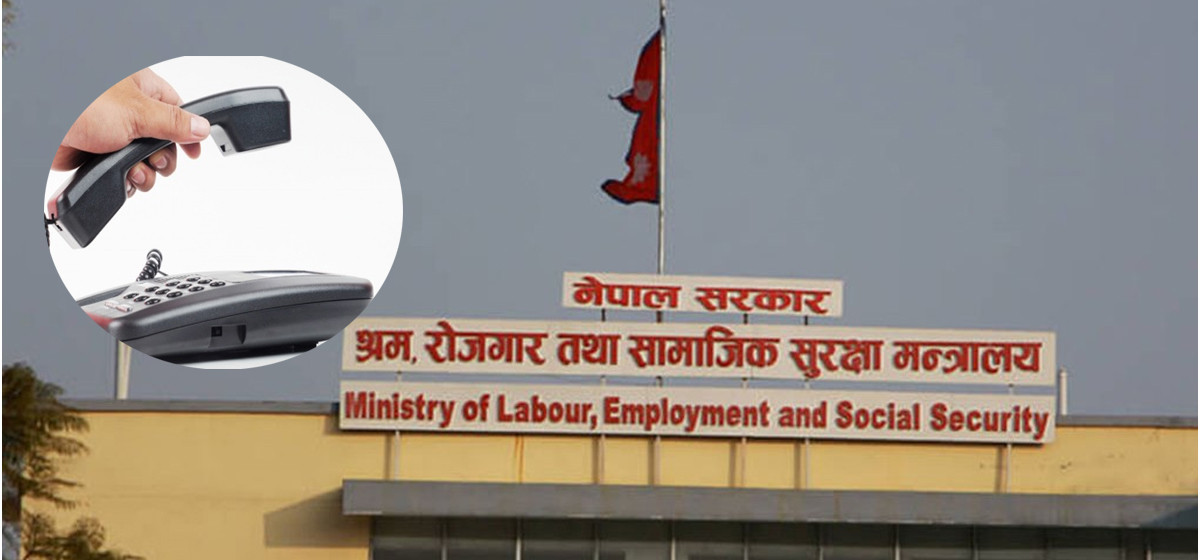
Leave A Comment